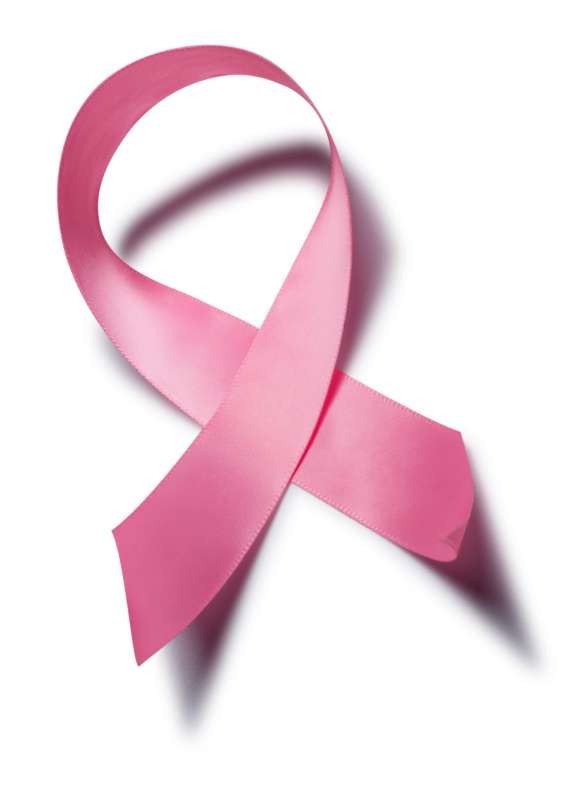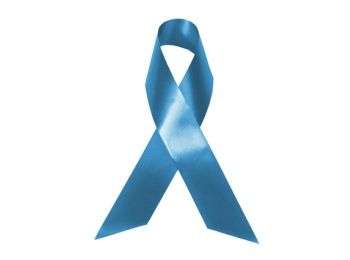Cancer Awareness Month

October is Breast Cancer Awareness Month

November Is Prostate Cancer Awareness Month
We encourage everyone all over the world to increase your knowledge & awareness so we provided some facts from The American Cancer Society (www.cancer.org) & Worldwide Health Organization (www.who.int)
What Is Cancer?
Cancer is a group of diseases characterized by uncontrolled growth and spread of abnormal cells. If the spread is not controlled, it can result in death. Cancer is caused by both external factors (tobacco, infectious organisms, chemicals, and radiation) and internal factors (inherited mutations, hormones, immune conditions, and mutations that occur from metabolism). These causal factors may act together or in sequence to initiate or promote carcinogenesis. Ten or more years often pass between exposure to external factors and detectable cancer. Cancer is treated with surgery, radiation, chemotherapy, hormone therapy, biological therapy, and targeted therapy.
Can Cancer Be Prevented?
All cancers caused by cigarette smoking and heavy use of alcohol could be prevented completely. The American Cancer Society estimates that in 2011 about 171,600 cancer deaths are expected to be caused by tobacco use. Scientific evidence suggests that about one-third of the 571,950 cancer deaths expected to occur in 2011 will be related to overweight or obesity, physical inactivity, and poor nutrition and thus could also be prevented. Certain cancers are related to infectious agents, such as hepatitis B virus (HBV), human papillomavirus (HPV), human immunodeficiency virus (HIV), Helicobacter pylori (H. pylori), and others, and could be prevented through behavioral changes, vaccines, or antibiotics. In addition, many of the more than 2 million skin cancers that are diagnosed annually could be prevented by protection from the sun’s rays and avoiding indoor tanning.
Regular screening examinations by a health care professional can result in the detection and removal of precancerous growths, as well as the diagnosis of cancers at an early stage, when they are most treatable. Cancers of the cervix, colon, and rectum can be prevented by removal of precancerous tissue. Cancers that can be diagnosed early through screening include cancers of the breast, colon, rectum, cervix, prostate, oral cavity, and skin. However, screening has been shown to reduce mortality only for cancers of the breast, colon, rectum, and cervix. A heightened awareness of breast changes or skin changes may also result in detection of these tumors at earlier stages. Cancers that can be prevented or detected earlier by screening account for at least half of all new cancer cases.
Who Is at Risk of Developing Cancer?
Anyone can develop cancer. Since the risk of being diagnosed with cancer increases with age, most cases occur in adults who are middle aged or older. About 78% of all cancers are diagnosed in persons 55 years of age and older. Cancer researchers use the word “risk” in different ways, most commonly expressing risk as lifetime risk or relative risk.Lifetime risk refers to the probability that an individual, over the course of a lifetime, will develop or die from cancer. In the US, men have slightly less than a 1 in 2 lifetime risk of developing cancer; for women, the risk is a little more than 1 in 3. Relative risk is a measure of the strength of the relationship between risk factors and a particular cancer. It compares the risk of developing cancer in persons with a certain exposure or trait to the risk in persons who do not have this characteristic. For example, male smokers are about 23 times more likely to develop lung cancer than nonsmokers, so their relative risk is 23. Most relative risks are not this large. For example, women who have a firstdegree relative (mother, sister, or daughter) with a history of breast cancer have about twice the risk of developing breast cancer, compared to women who do not have this family history. All cancers involve the malfunction of genes that control cell growth and division. About 5% of all cancers are strongly hereditary, in that an inherited genetic alteration confers a very high risk of developing one or more specific types of cancer. Howe ver, most cancers do not result from inherited genes but from damage to genes occurring during one’s lifetime. Genetic dam age may result from internal factors, such as hormones or the metabolism of nutrients within cells, or external factors, such as tobacco, chemicals, and excessive exposure to sunlight.
How Many People Alive Today Have Ever Had Cancer?
The National Cancer Institute estimates that approximately 11.7 million Americans with a history of cancer were alive in January 2007. Some of these individuals were cancer free, while others still had evidence of cancer and may have been undergoing treatment.
How Many New Cases Are Expected to Occur This Year?
About 1,596,670 new cancer cases are expected to be diagnosed in 2011. This estimate does not include carcinoma in situ (noninvasive cancer) of any site except urinary bladder, and does not include basal and squamous cell skin cancers, which are not required to be reported to cancer registries.
How Many People Are Expected to Die of Cancer This Year?
In 2011, about 571,950 Americans are expected to die of cancer, more than 1,500 people a day. Cancer is the second most common cause of death in the US, exceeded only by heart disease. In the US, cancer accounts for nearly 1 of every 4 deaths.
Visit www.cancer.org to download the cancer fact guide entitled Cancer Facts & Figures of 2011 and you can also see the facts for this present year as well.
Here are some facts on cancer from the World Health Organization (who.int):
- 1. There are more than 100 types of cancers; any part of the body can be affected.
- 2. In 2008, 7.6 million people died of cancer - 13% of all deaths worldwide.
- 3. About 70% of all cancer deaths occur in low- and middle-income countries.
- 4. Worldwide, the 5 most common types of cancer that kill men are (in order of frequency): lung, stomach, liver, colorectal and oesophagus.
- 5. Worldwide, the 5 most common types of cancer that kill women are (in the order of frequency): breast, lung, stomach, colorectal and cervical.
- 6. Tobacco use is the single largest preventable cause of cancer in the world.
- 7. One fifth of all cancers worldwide are caused by a chronic infection, for example human papillomavirus (HPV) causes cervical cancer and hepatitis B virus (HBV) causes liver cancer.
- 8. More than 30% of cancers could be cured if detected early and treated adequately.
- 9. All patients in need of pain relief could be helped if current knowledge about pain control and palliative care were applied.
- 10. More than 30% of cancer could be prevented, mainly by not using tobacco, having a healthy diet, being physically active and preventing infections that may cause cancer.
Please help in the assistance for research & fight against cancer, we have noted some reputable cancer research foundations, charities & support centers:
Alex’s Lemonade Stand Foundation for Childhood Cancer
Breast Cancer Research Foundation
Children’s Cancer – Pediatric Cancer Research Foundation
CureSearch/National Childhood Cancer Foundation
Damon Runyon Cancer Research Foundation
Entertainment Industry Foundation/Stand Up to Cancer
Livestrong (formerly Lance Armstrong Foundation)
Lung Cancer Research Foundation
Lynn Sage Cancer Research Foundation
Memorial Sloan-Kettering Cancer Center
Multiple Myeloma Research Foundation
National Breast Cancer Coalition Fund
National Foundation for Cancer Research
Samuel Waxman Cancer Research Foundation
St. Jude Children's Research Hospital (ALSAC)
Daily Grief Support by Email
Grieving doesn't always end with the funeral: subscribe to our free daily grief support email program, designed to help you a little bit every day, by filling out the form below.
Weekly Email Tips to Support a Grieving Friend
It's hard to know what to say when someone experiences loss. Our free weekly newsletter provides insights, quotes and messages on how to help during the first year.


